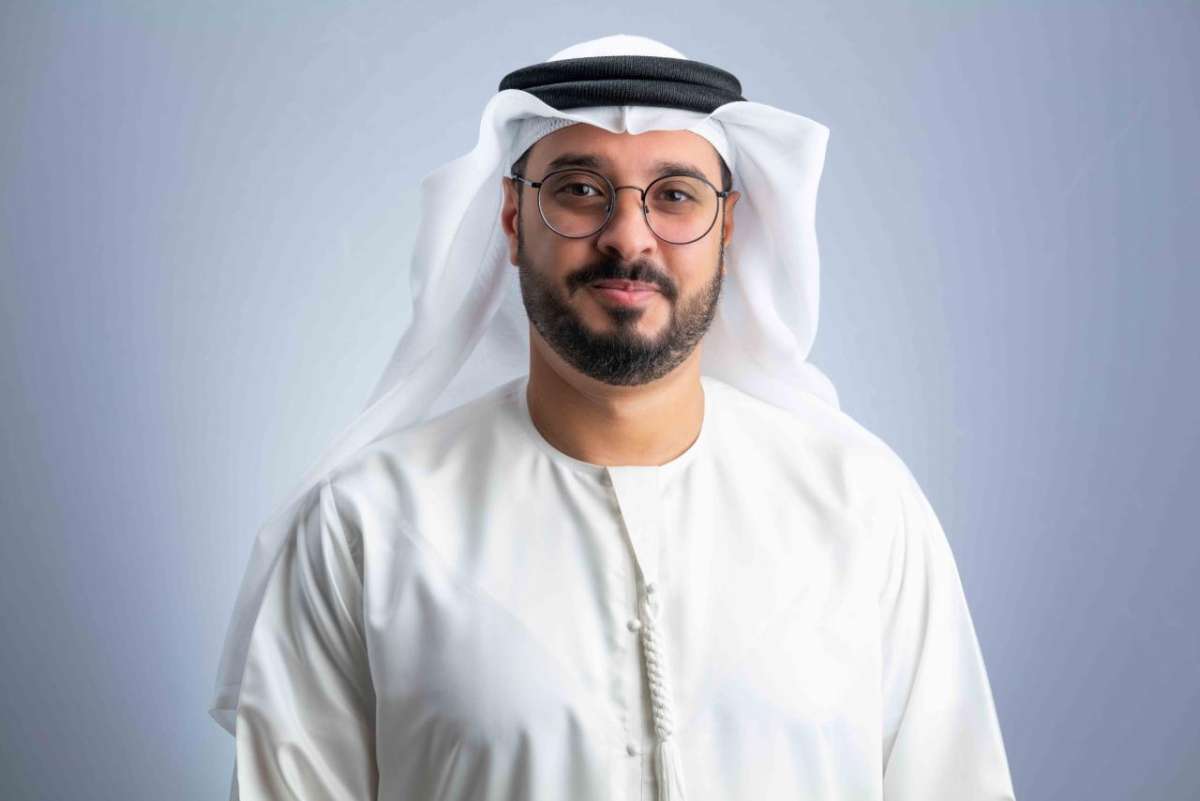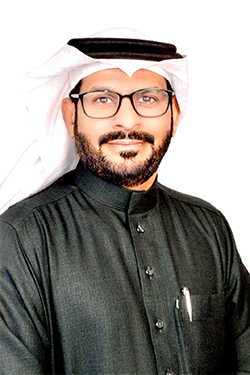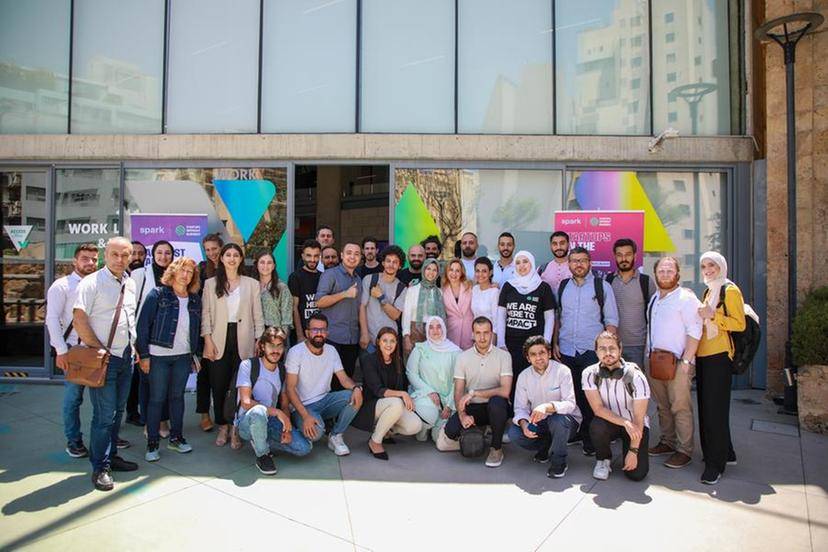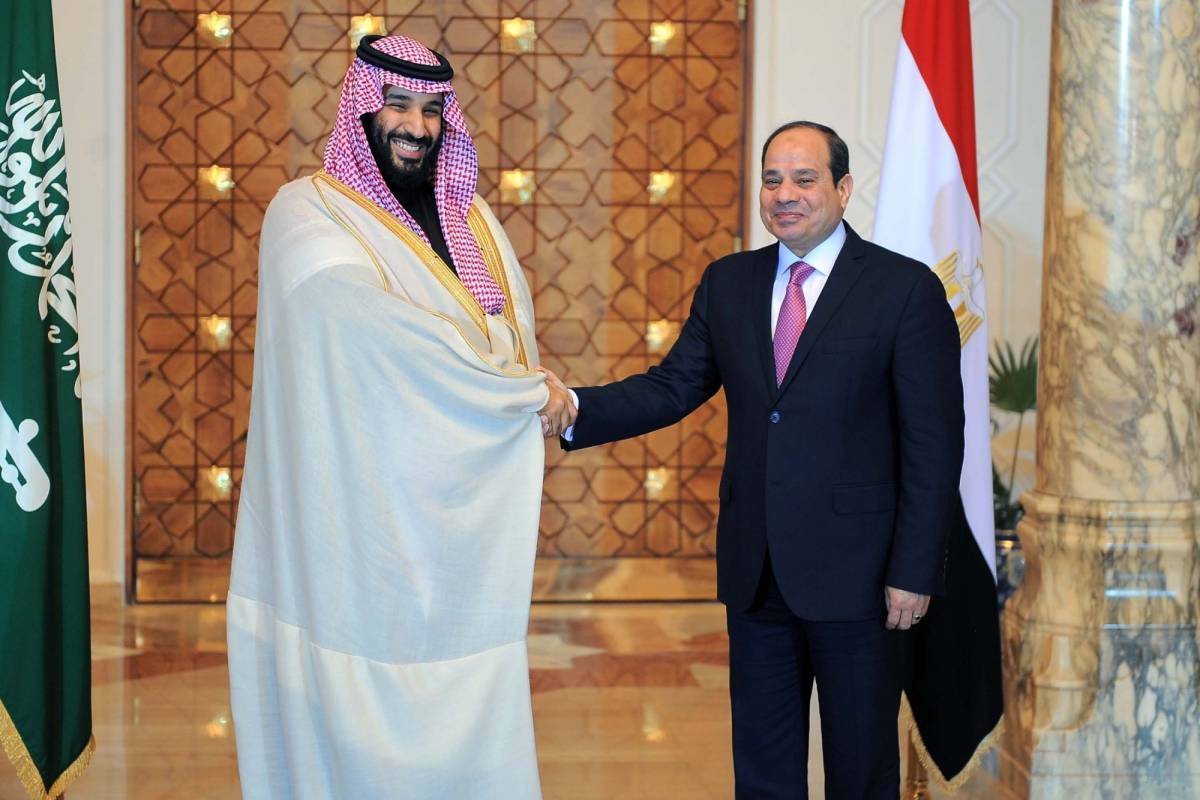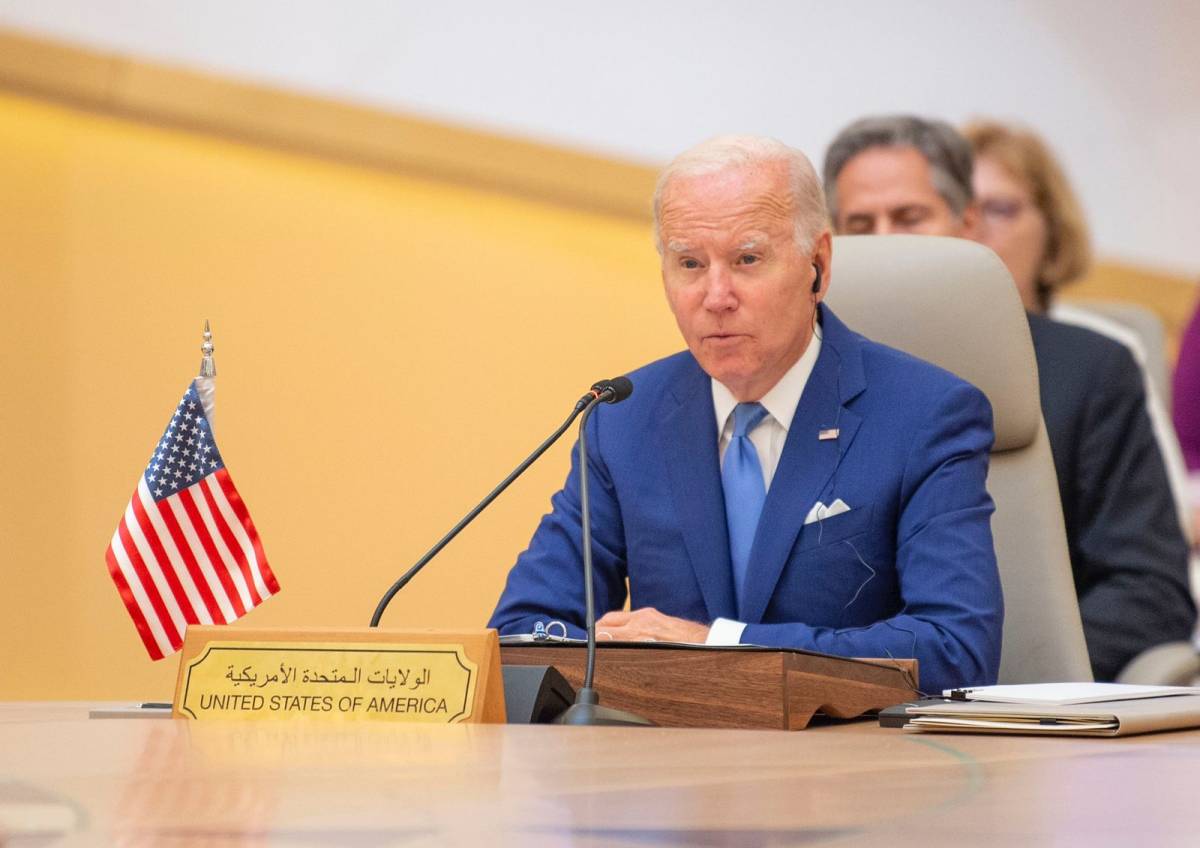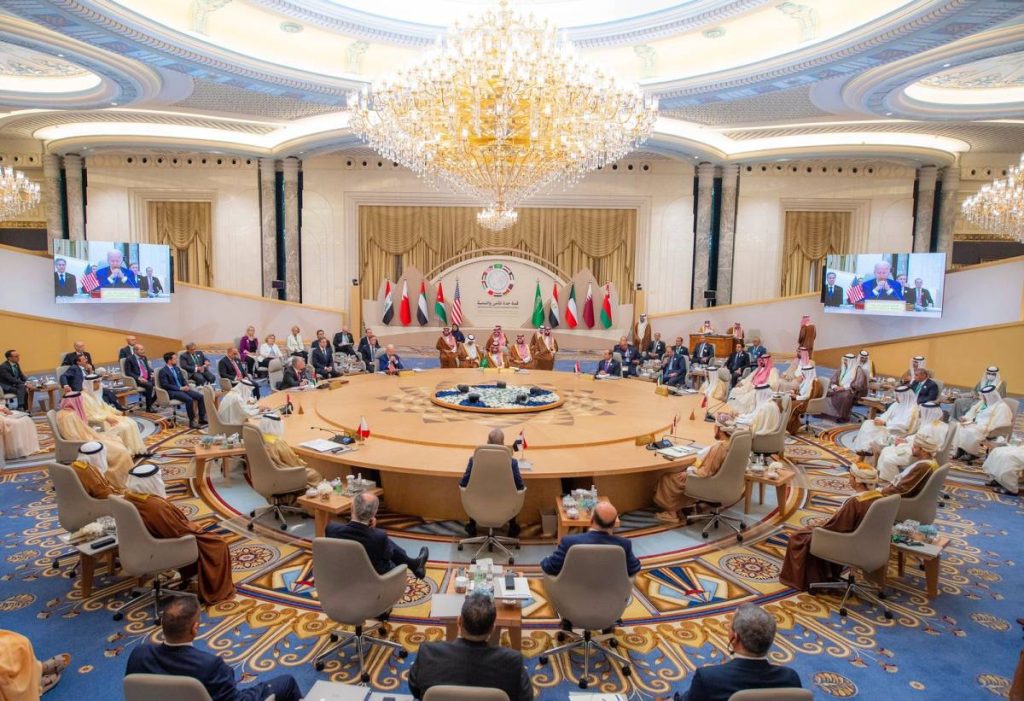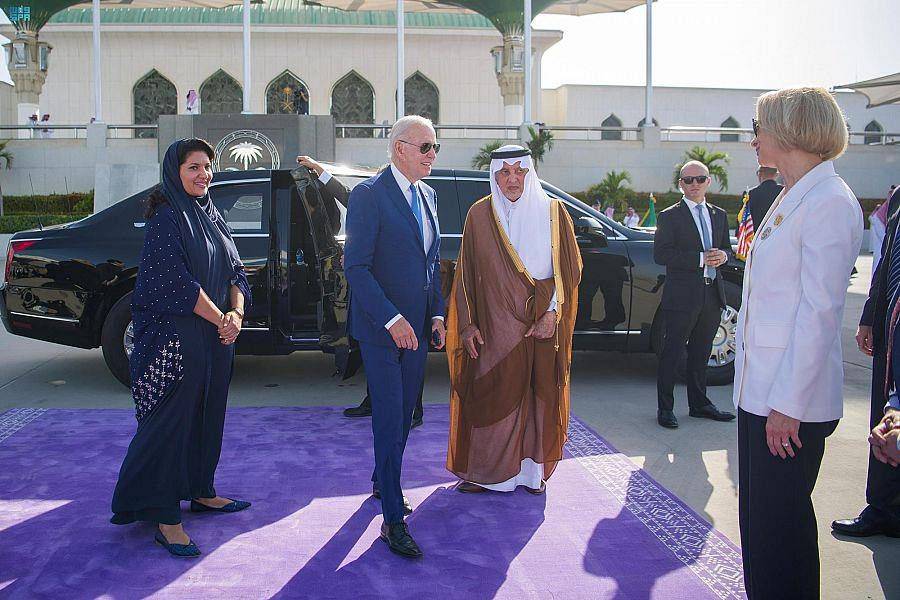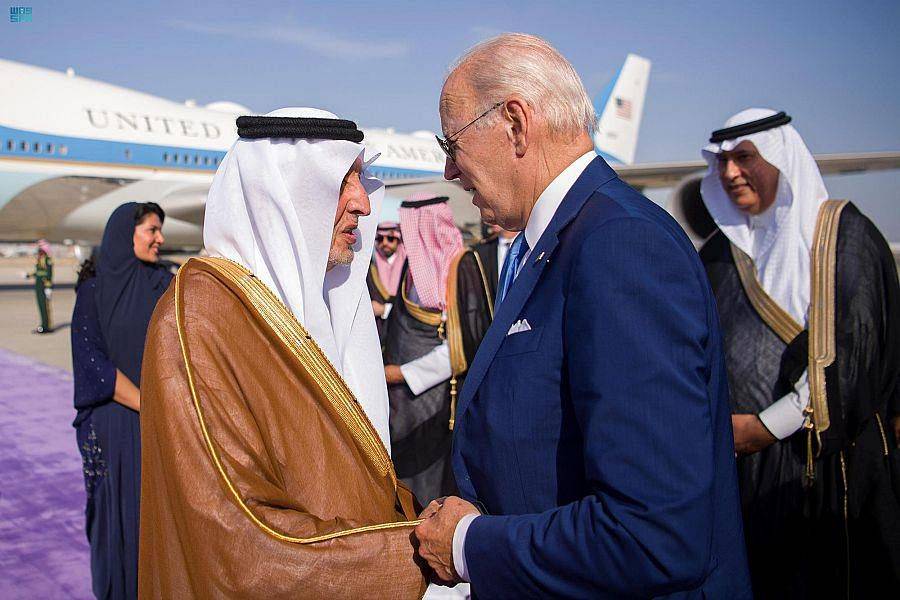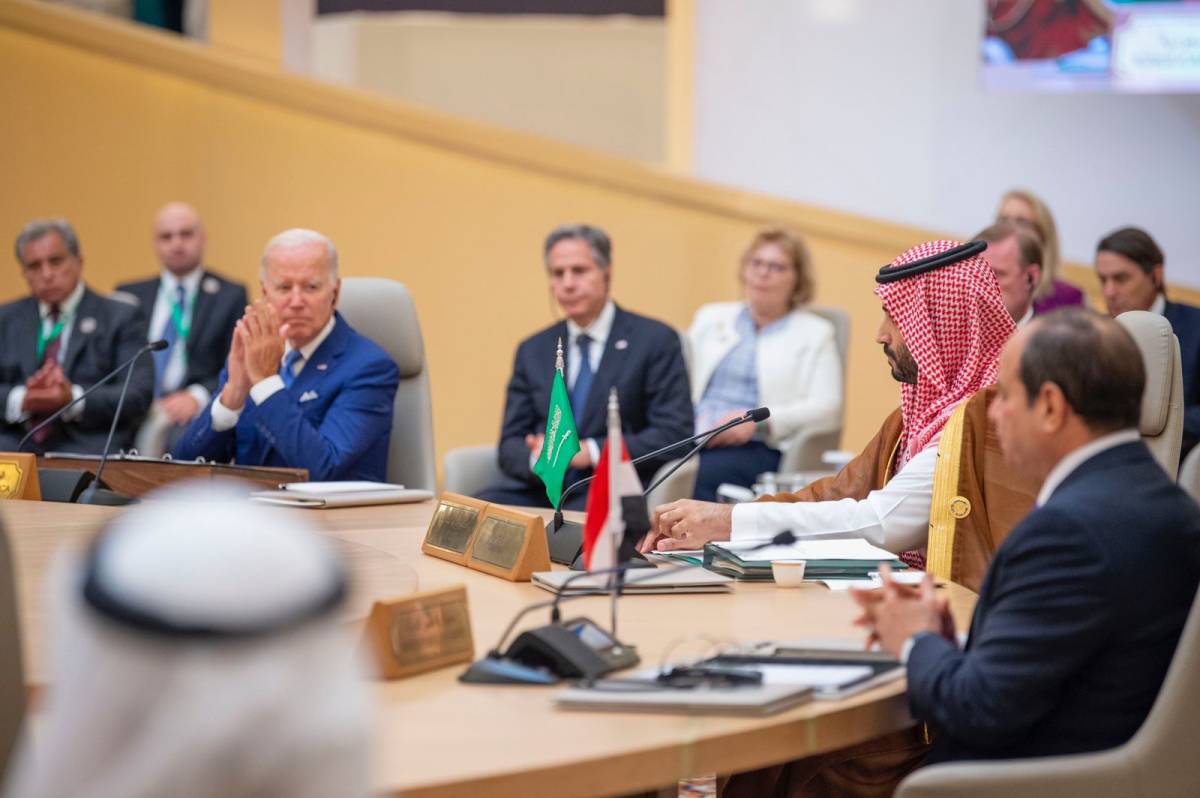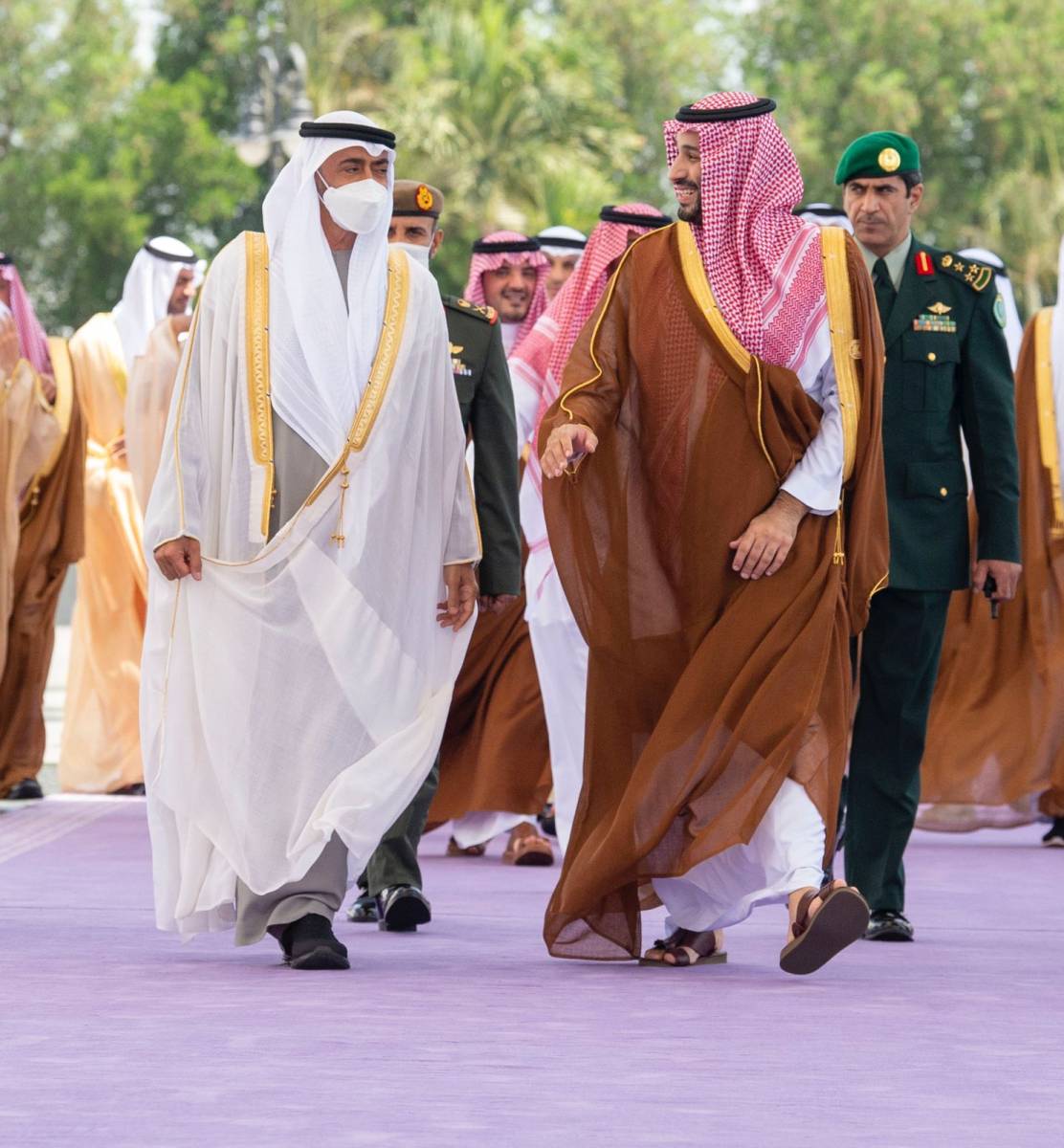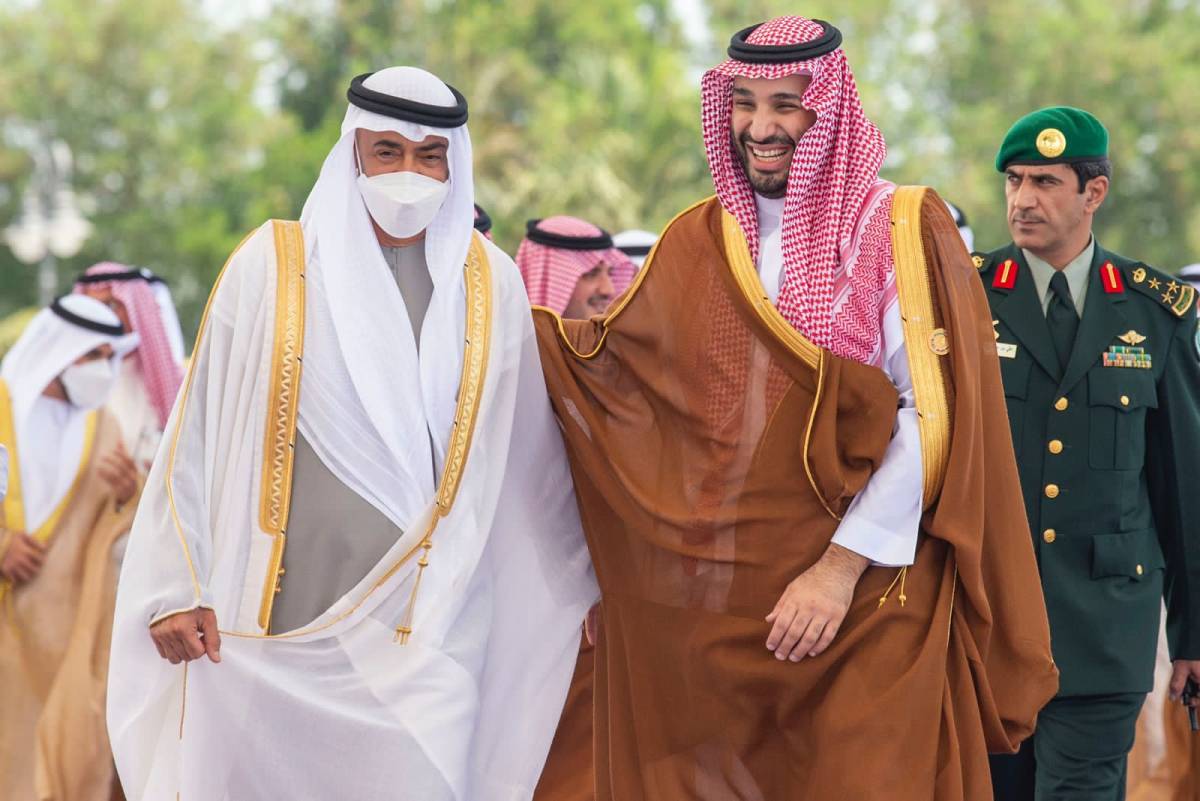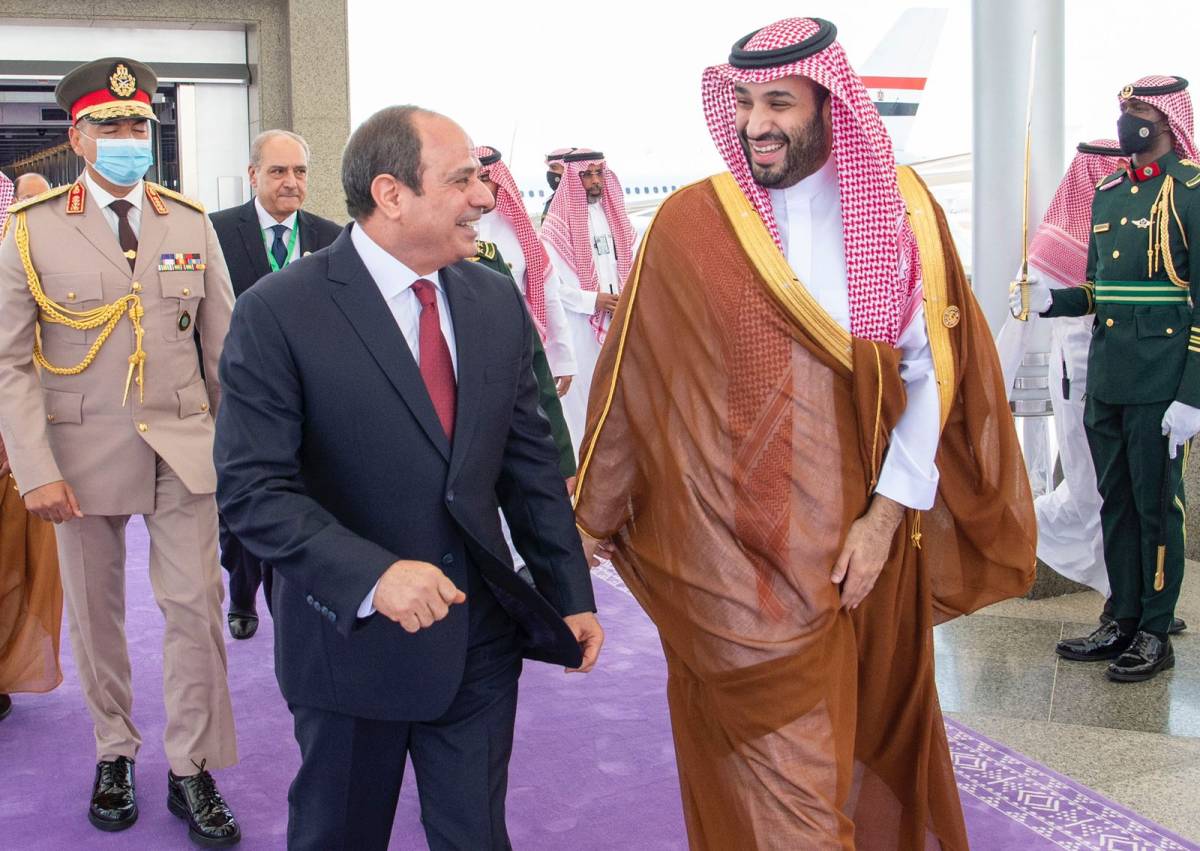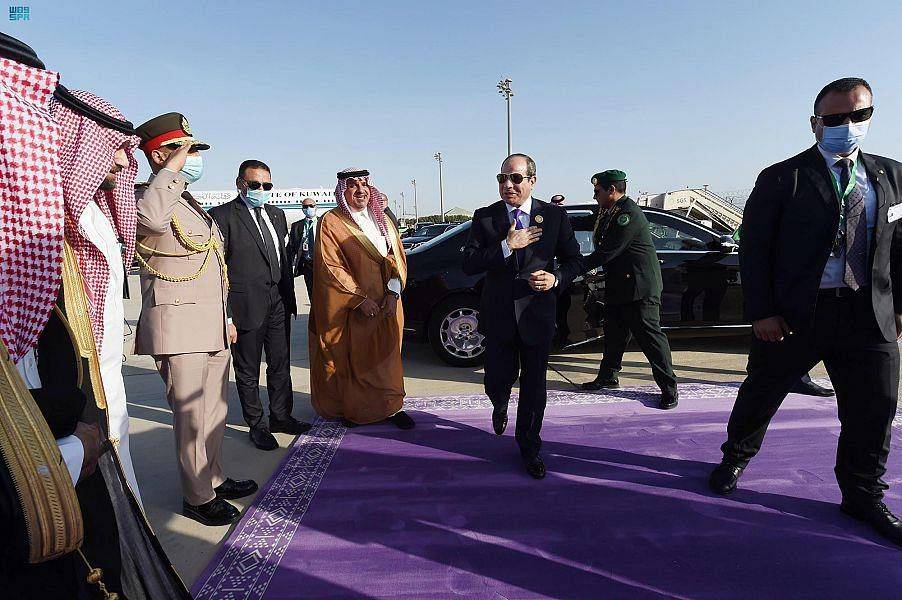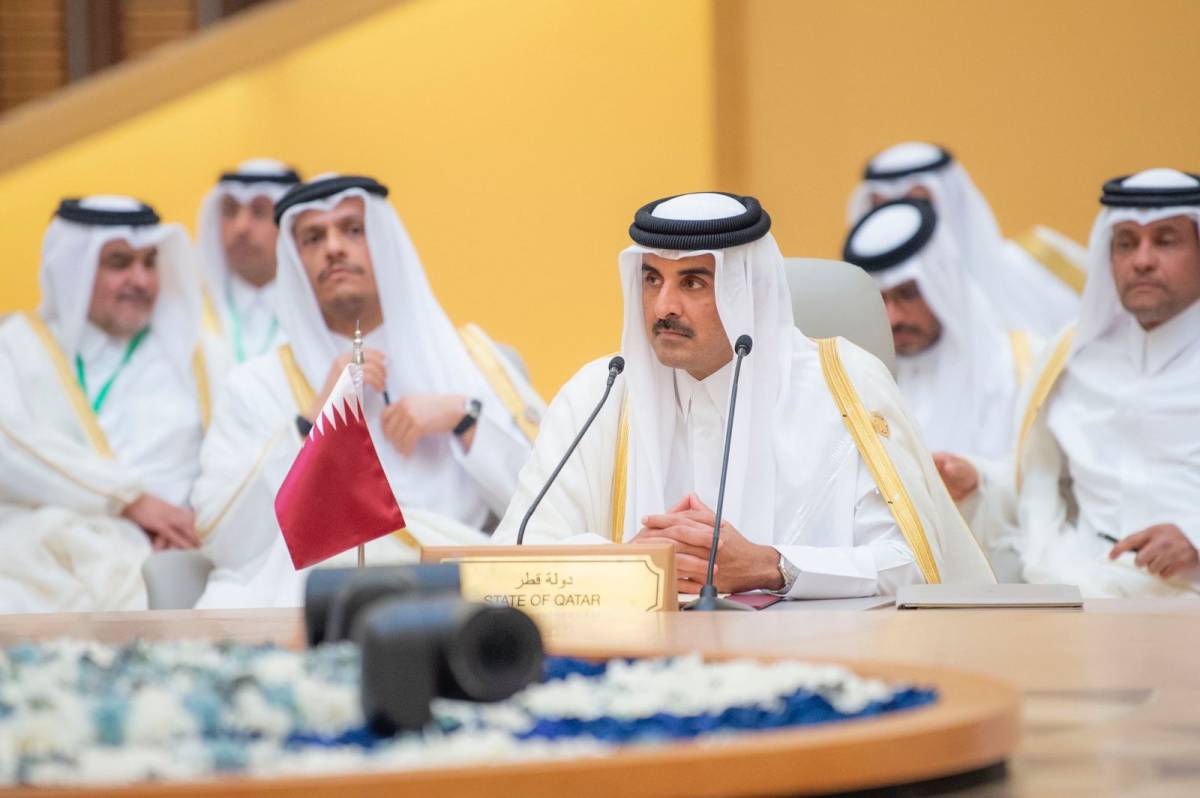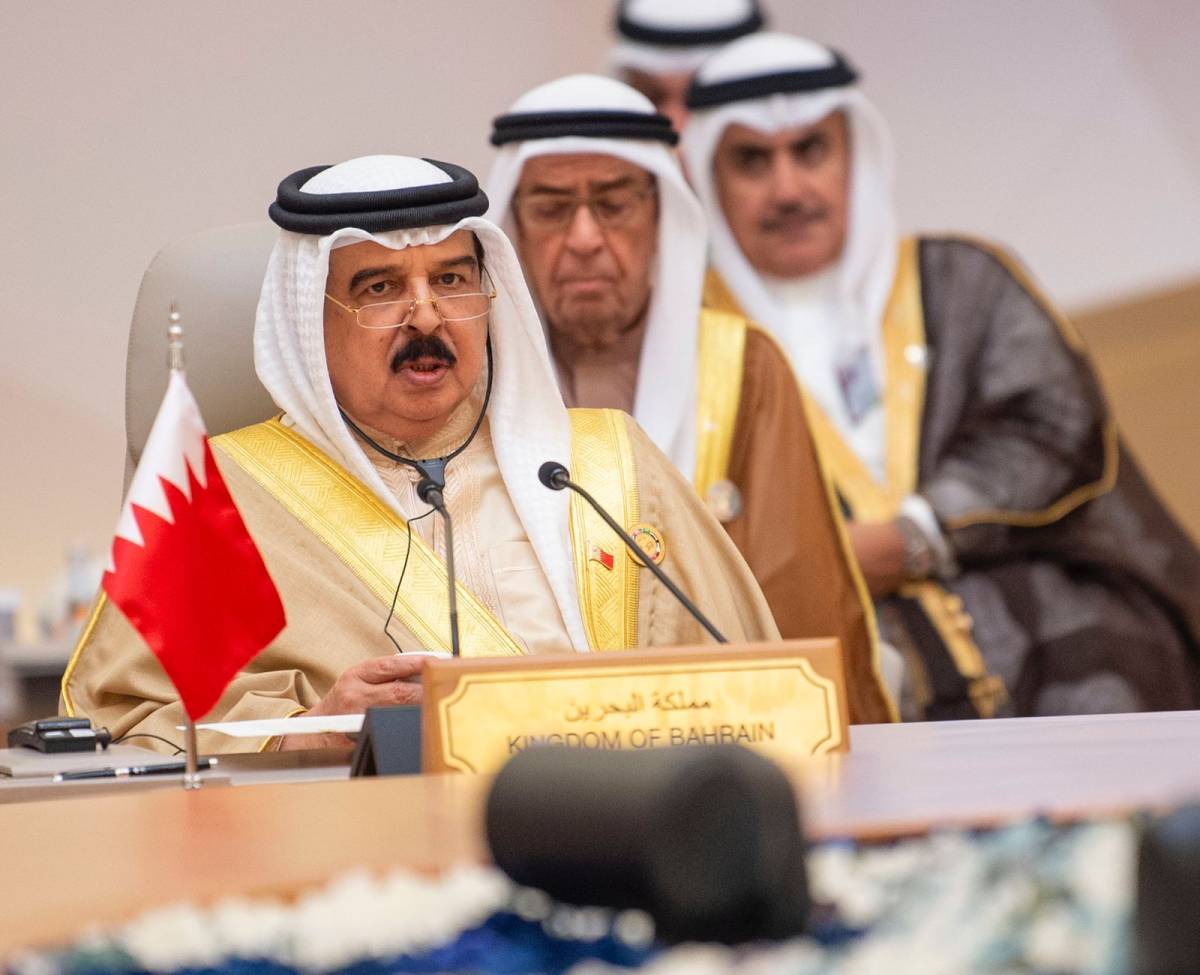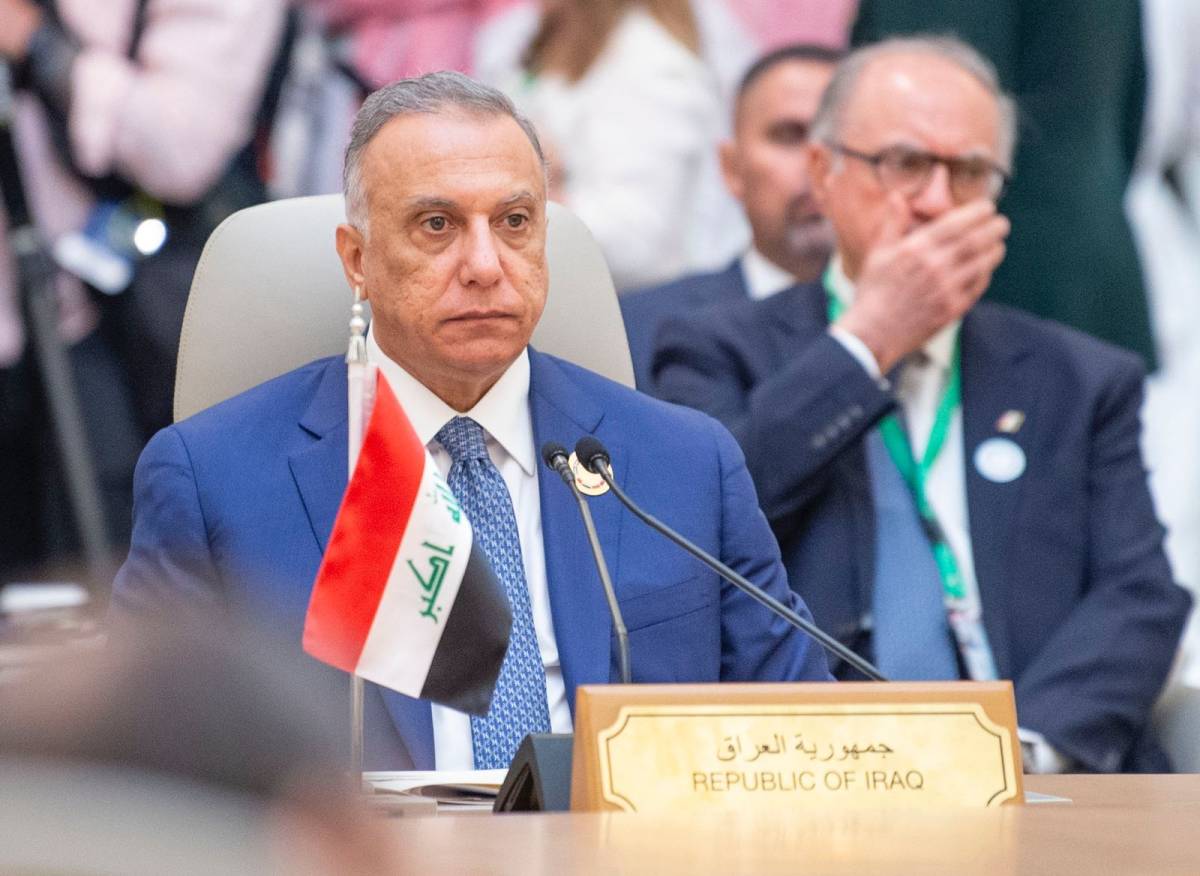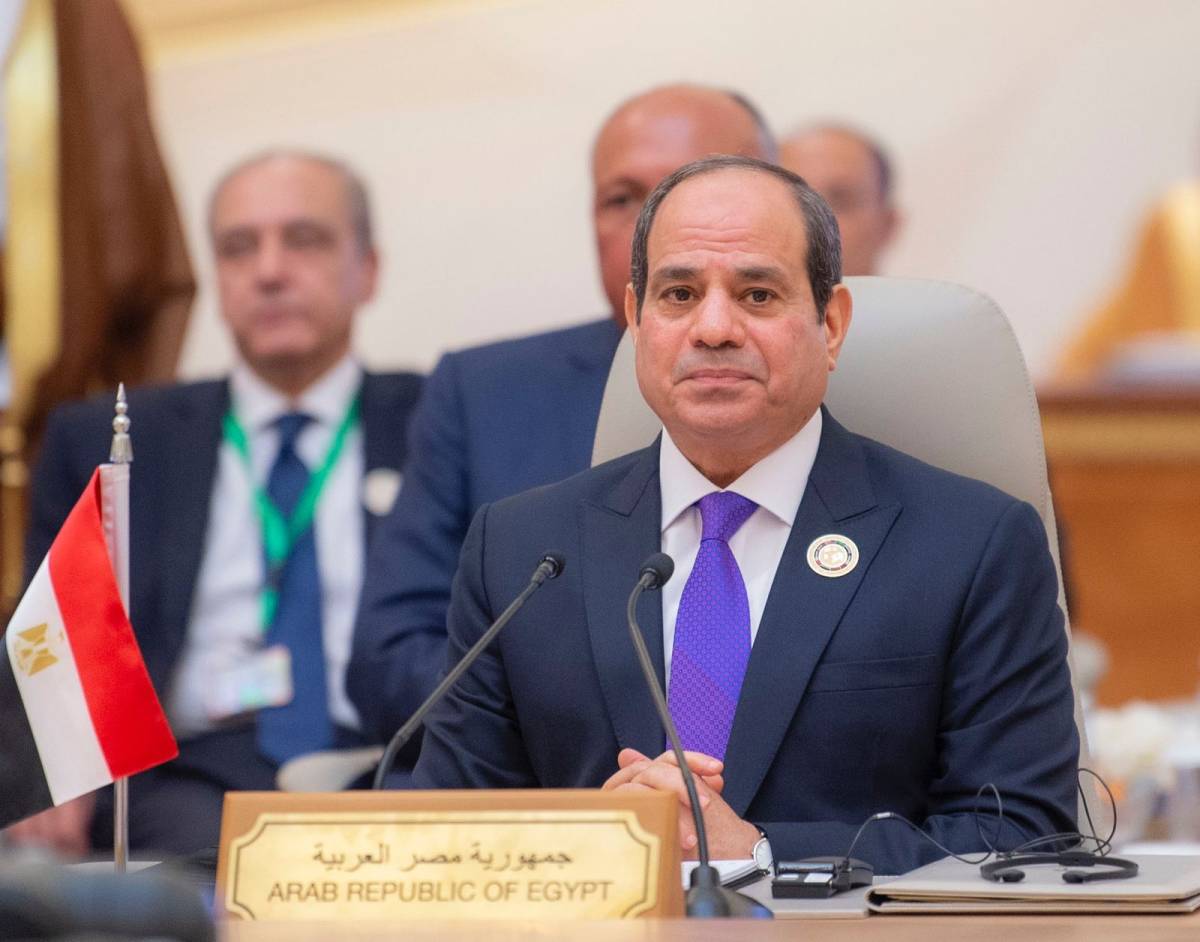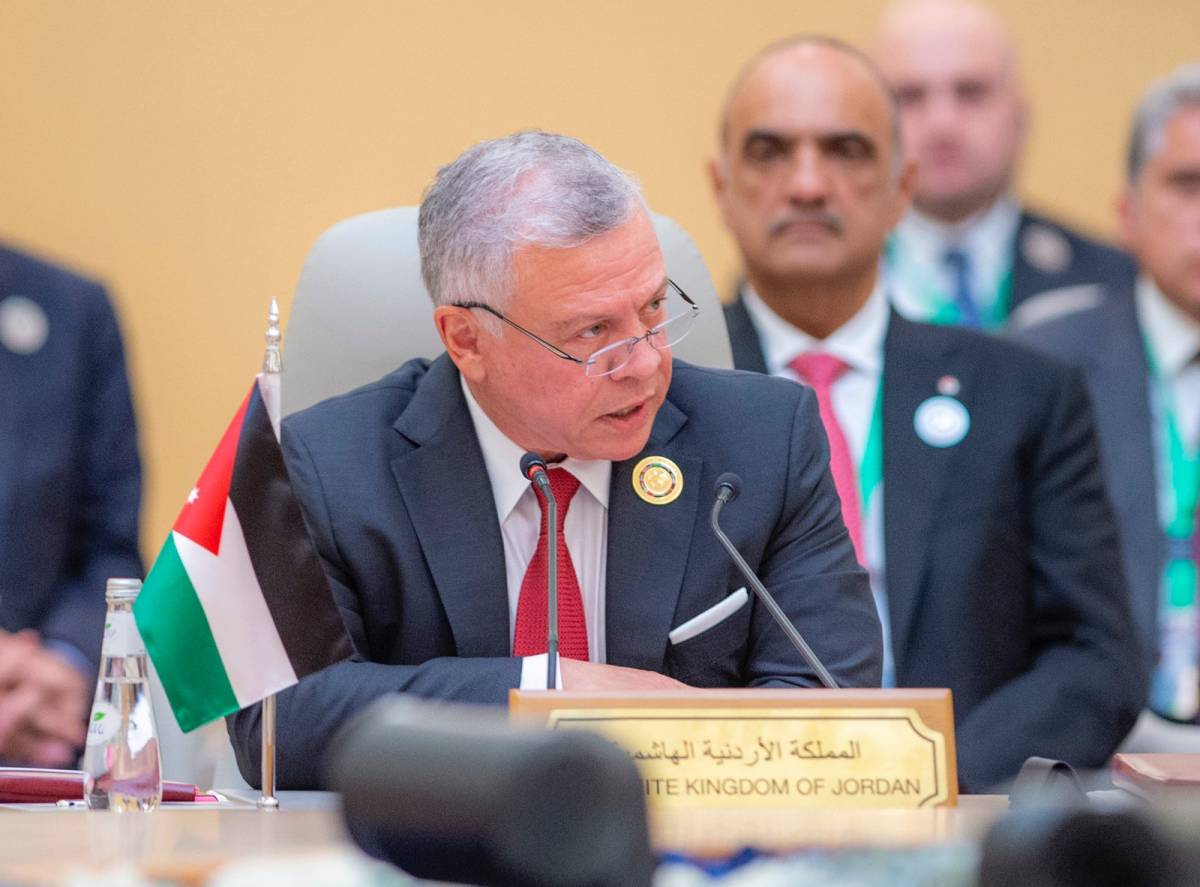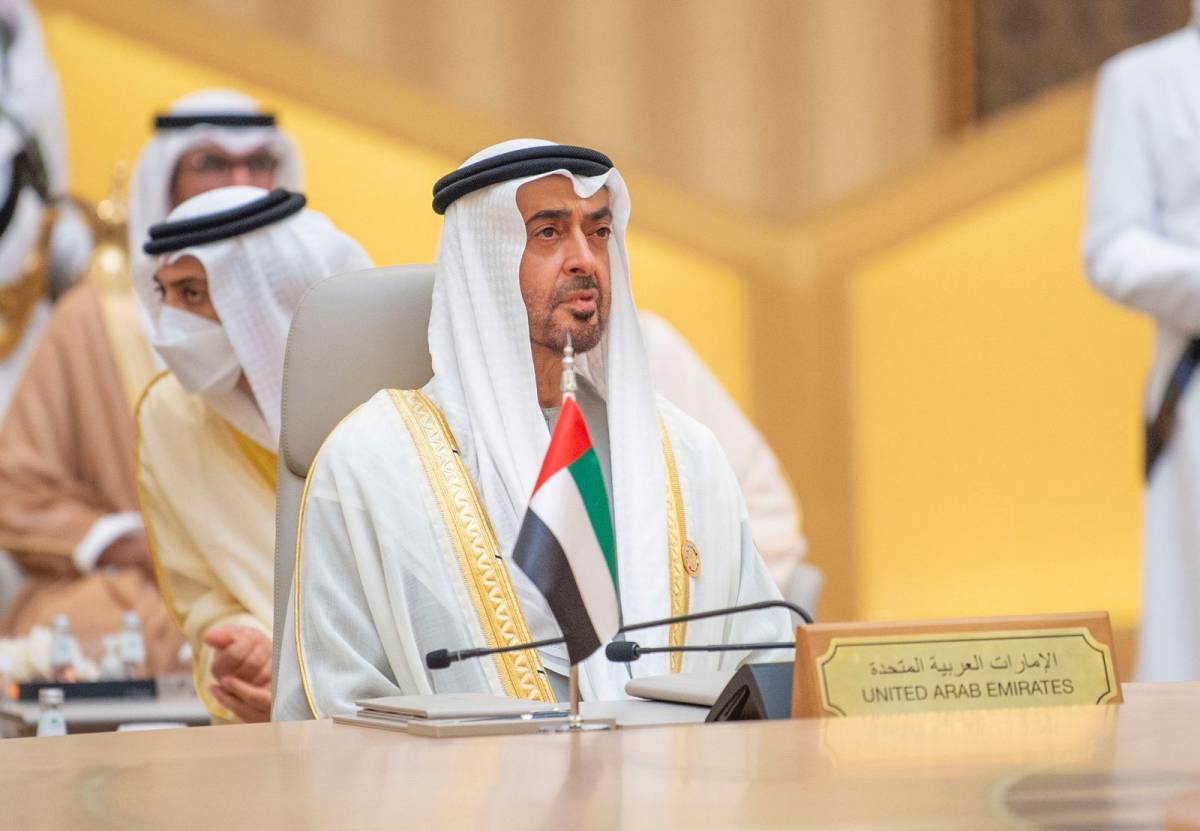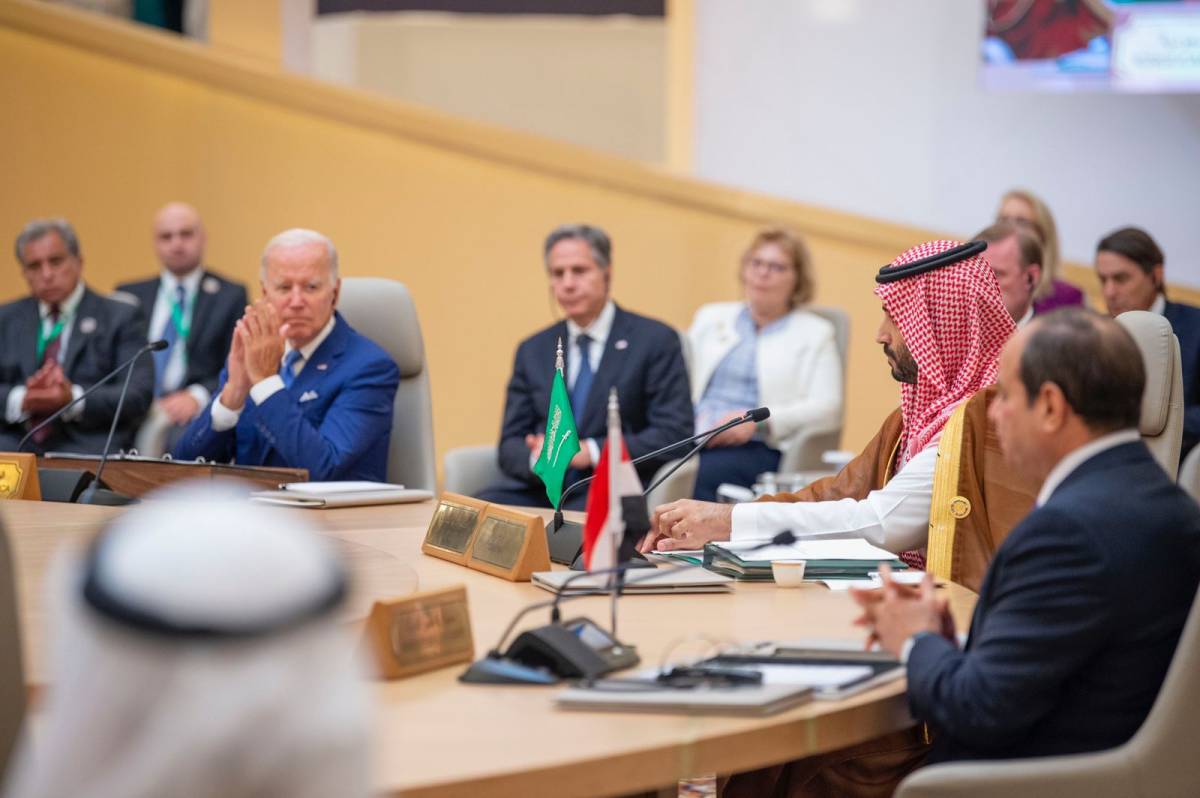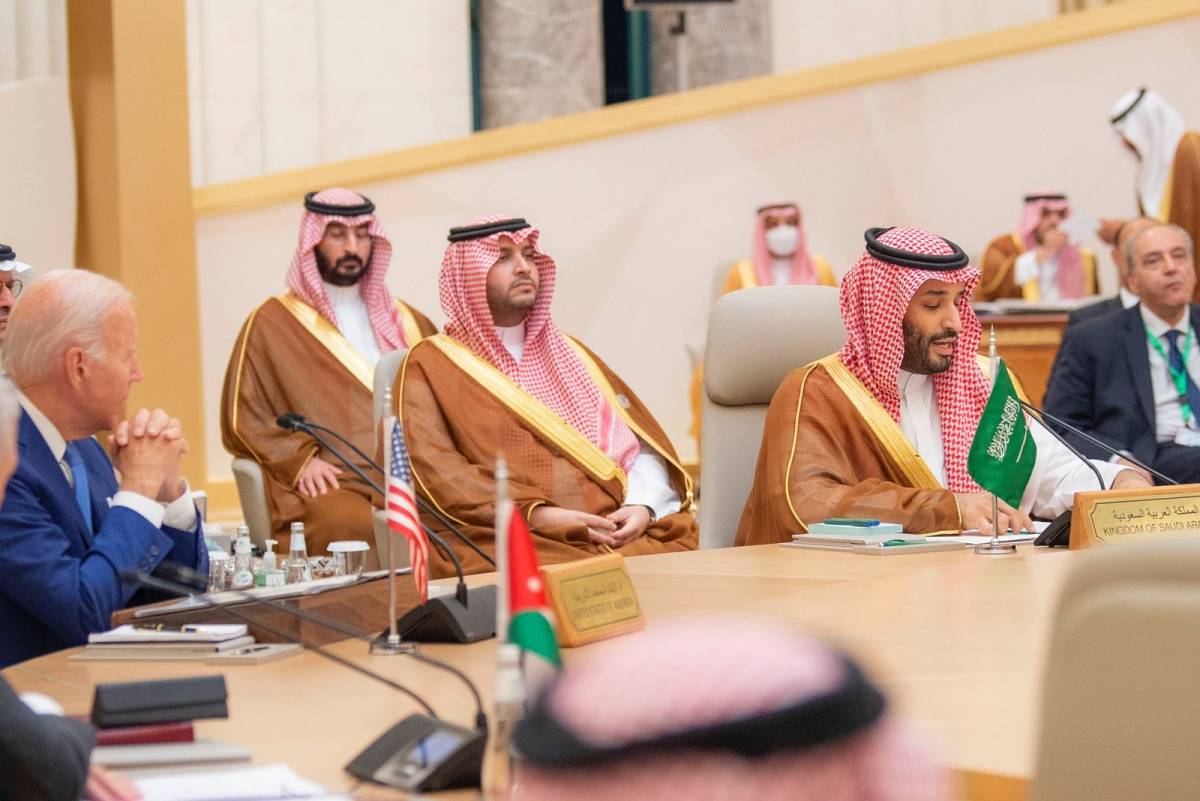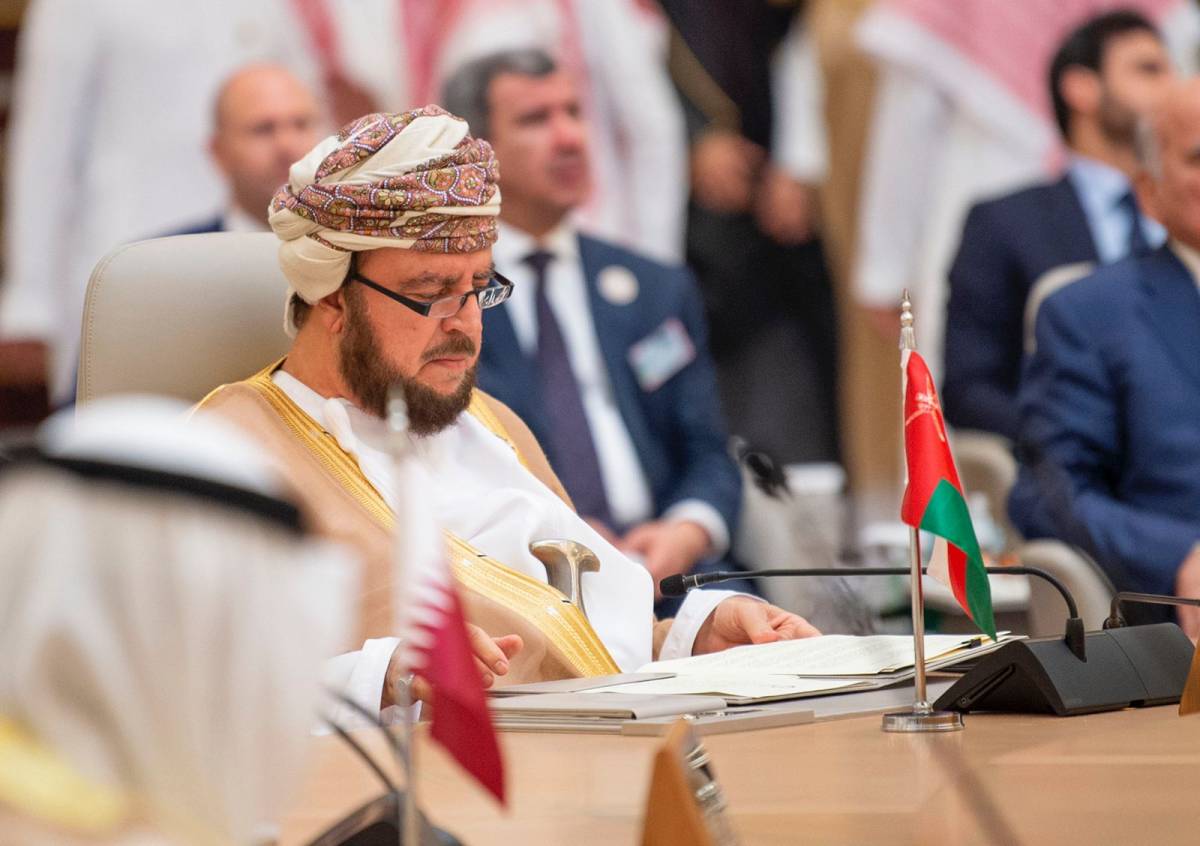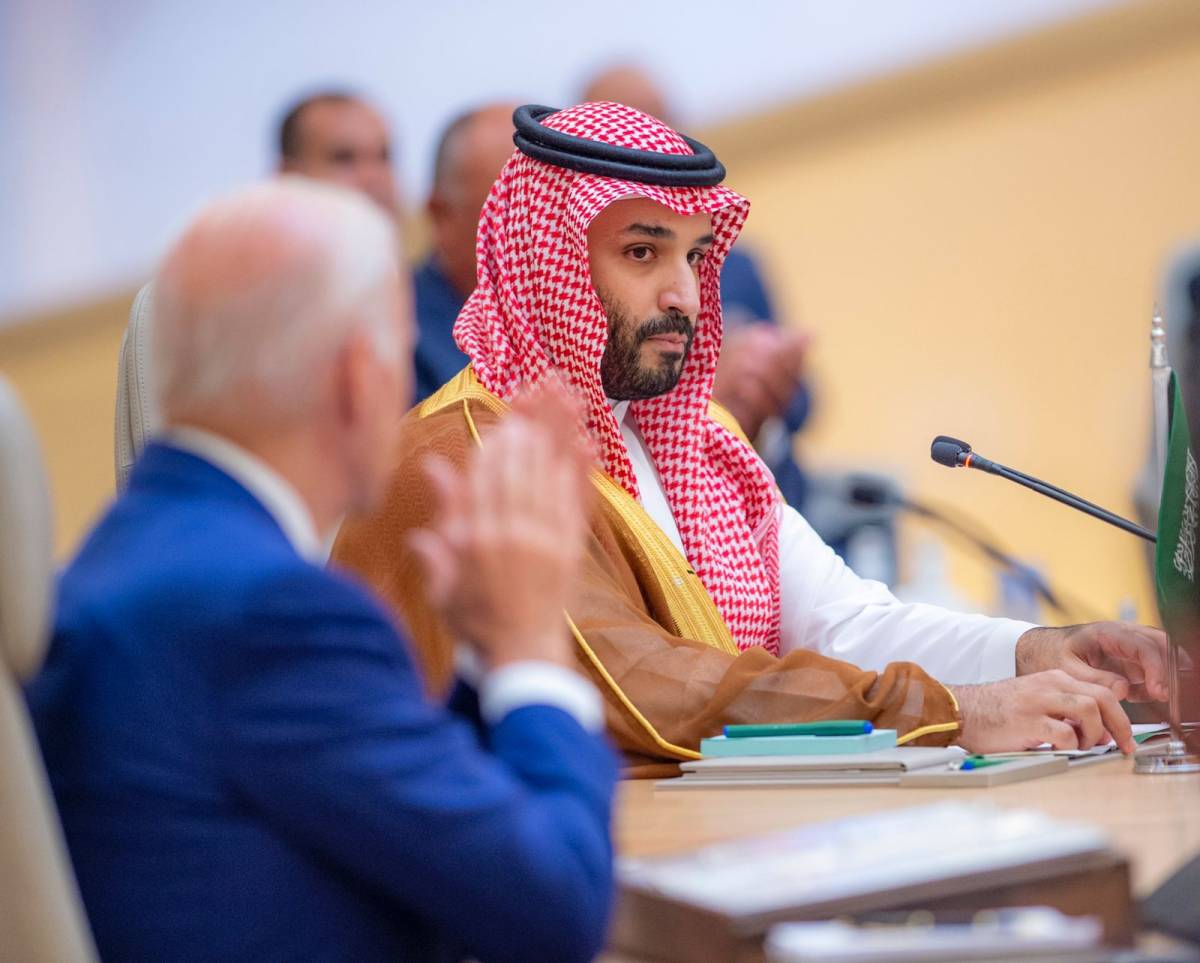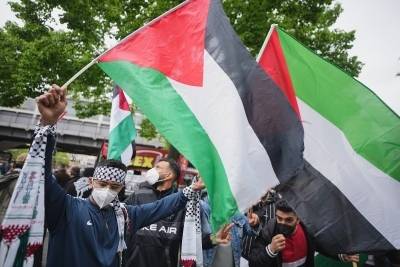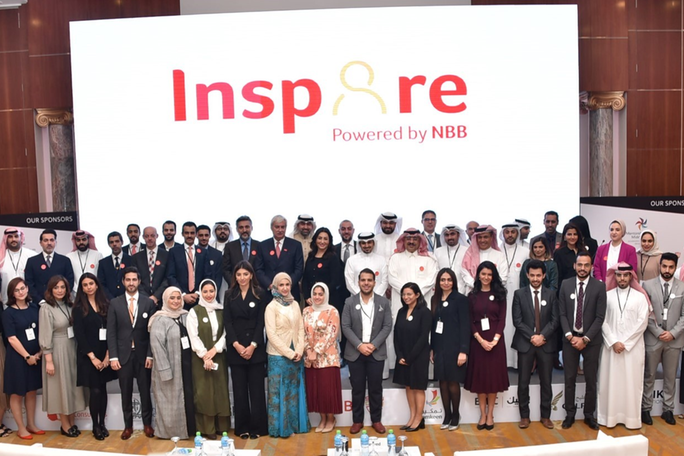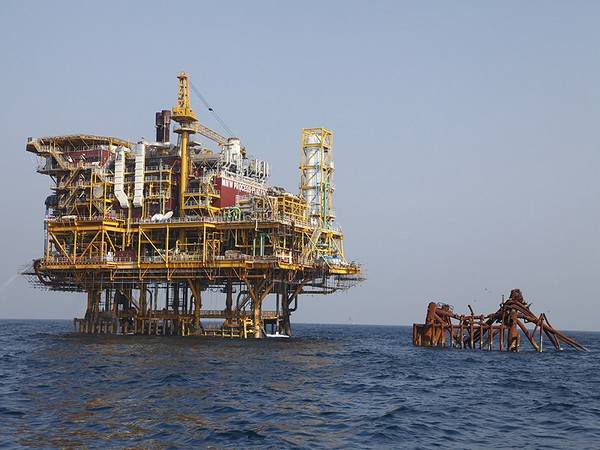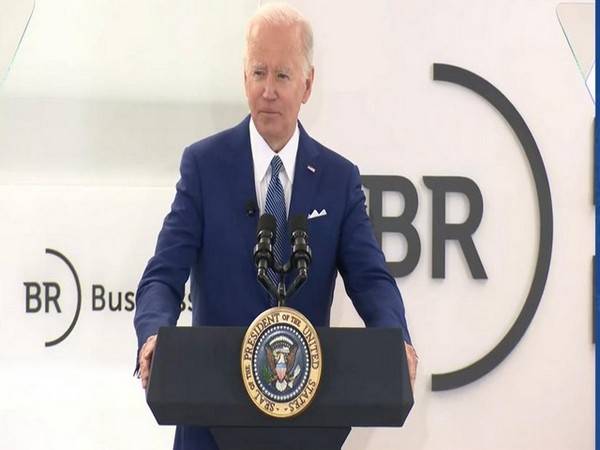The bank provides advisory and training, sharing knowledge and guidance to support companies to kick-start their business and become more bankable in terms of setting up and managing their finances…reports Asian Lite News
Emirates Development Bank, one of the key financial engines for the economic development and industrial advancement of the UAE, announced its recognition for Best Micro Finance Bank in the Middle East by the 2022 Global Banking & Finance Awards.
The Global Banking & Financing Awards is a global and respected institution, honouring top performers amongst banks and other financial services providers that stand out across certain categories of specialty.
Through annually recognising companies of all sizes and financial institutions which are prominent in specific areas of expertise within the financial industry, the awards have become a trusted standard of excellence for the global financial community.
The Best Micro Finance Bank Middle East 2022 award falls under the Micro & SME Banking Awards, further showcasing EDB’s continuous efforts towards the UAE’s economic development and its support for empowering Micro SMEs (mSMEs).
As the UAE’s development Bank, EDB provides a wide range of financial solutions specifically tailored to cater to the needs of mSMEs. Favourable financing is available in the form of direct financing, and in partnership with Fintech company Beehive, EDB launched a microloans service, allowing mSMEs that fall within the bank’s five key priority sectors to apply and receive approval for loans of up to AED 5 million within five days. In addition to this, the Bank actively seeks partnerships with entities such as free zones, DEDs and GREs to ensure that the financing solutions offered meet the needs of mSMEs.
To further support both mSMEs and start-ups to getting easy access to opening up bank accounts, EDB launched the Business Banking app in collaboration with YAP, a free centralised digital platform, where businesses can register and receive an IBAN within 48 hours. In addition to its financial services, non-financial services are also available for start-ups, through its”Business Lab” platform.
The bank provides advisory and training, sharing knowledge and guidance to support companies to kick-start their business and become more bankable in terms of setting up and managing their finances. It is also a key priority as the UAE’s development bank to support Emirati Entrepreneurs by providing “start-up financing”, where the bank provides financial support that is needed to help them with their business idea and sustainability across all sectors.
SMEs characterise around 94 percent of the current operating companies across the UAE, capably securing jobs to more than 86 percent of the workforce in the private sector. That said, such financial institutions certainly partake in the UAE’s vision in becoming a diversified economy identified as a global investment hub.
EDB has performed well as of Jan-Sep 2022, as they successfully on-boarded 1,377 customers through its digital banking app and have approved AED 4.4 billion in loans, AED 1.3 billion of those loans went to SMEs in the UAE.
Commenting on the Bank’s achievement, Ahmed Mohamed Al Naqbi, Chief Executive Officer of EDB, said, “This award marks a major milestone for EDB and is in line with its strategy and commitment towards the nation’s developmental agenda. mSMEs are slowly becoming the backbone of the UAE’s economy and contribute to the nation’s economic diversification and industrial advancement.
“We will continue to seek opportunities and partnerships to further enhance the growth of mSMEs in the UAE through partnerships and collaborations, in addition to supporting the UAE’s ambition in becoming one of the most innovative countries in the world and the financial hub of the MENA region.”
ALSO READ-UAE to host World Amateur Golf C’ships for first time in Middle East

